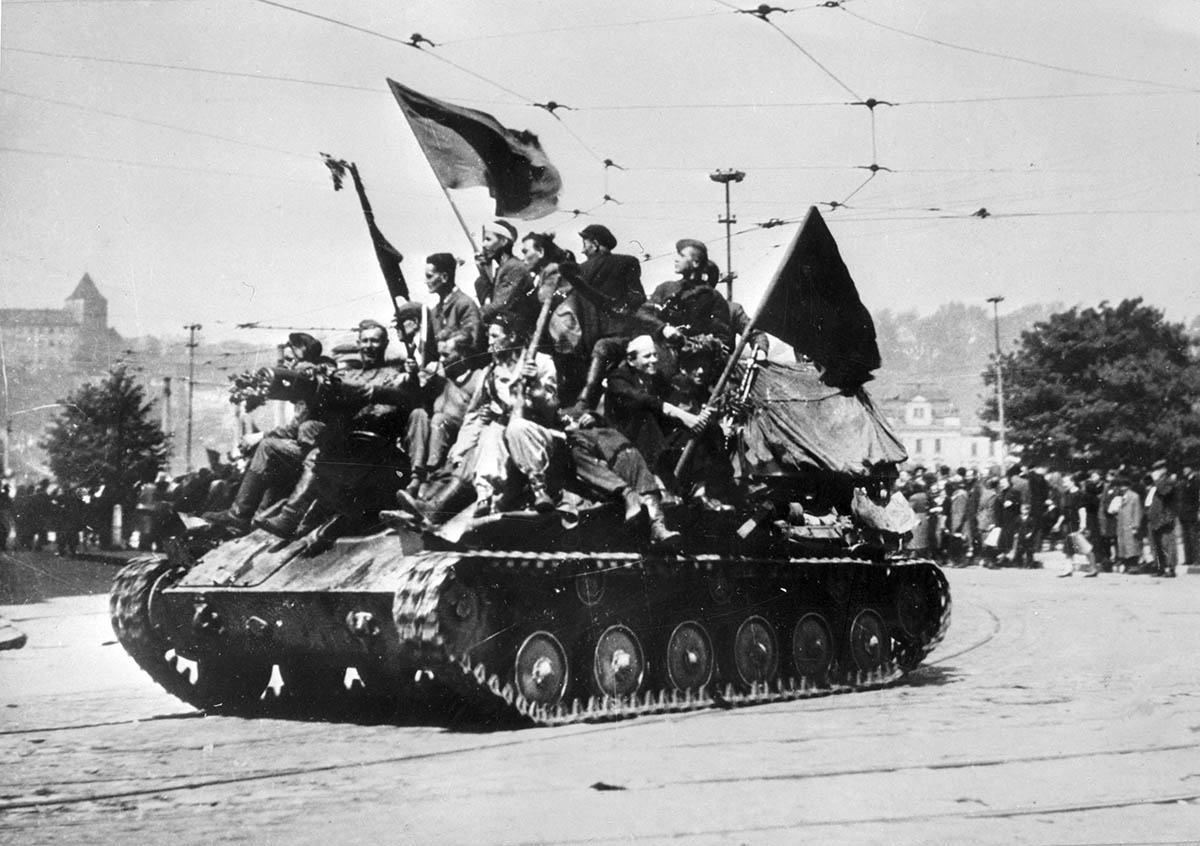The settlement in 1968 on the terms of a nuclear nonproliferation treaty to prevent the spread of atomic arms beyond the nations that already possessed them seemed to represent another step forward, but Soviet intervention in Czechoslovakia in the summer of 1968 delayed its ratification.
Long the most Stalinist of the eastern European governments, the Czech regime was unpopular at home. Soviet exploitation and the rigidity of communist dogma had crippled the once flourishing Czech economy. Then in 1968 Alexander Dubcek (1921-1994), a Slovak communist trained in the Soviet Union, took over the Czech Communist party as first secretary and ousted his predecessor.
The Dubcek government freed the press from censorship, and it appeared that the regime might even allow opposition political parties to exist. Some army officers apparently favored revision of the Warsaw Pact, which enabled the Soviets to hold military exercises in the territory of any member state.
However, the Czechs could not put through such a radical liberalization without alarming the Soviets and the East German government. In the spring and summer of 1968 the Soviets moved from first denouncing the Dubcek regime to intimidating and bullying it, and finally to armed intervention. Soviet and satellite tank divisions, more than 500,000 strong, swept into the country and met no active resistance.
There was little bloodshed, but there was great shock. Those who had been arguing that the Soviets had outgrown the Stalinist repression of earlier years found themselves proved wrong, and the French and Italian Communist parties joined the Yugoslav and Romanian parties in condemning the invasion.
The return of Stalinism to Czechoslovakia was inexorable. Dubcek was ousted, and a grim purge of Czech intellectuals followed. The Soviets had been so alarmed by the Czech cultural, economic, and political ferment and its military and diplomatic implications that they were willing, at least temporarily, to sacrifice much of the international goodwill that they had been able to accumulate.
In 1969 and 1970 discussions between the United States and the Soviet Union over limitations of armaments (Strategic Arms Limitation Talks, or SALT) resumed. By then both powers had a compelling interest in reducing their huge expenditures on weapons and obtaining more resources to deal with major domestic problems.

